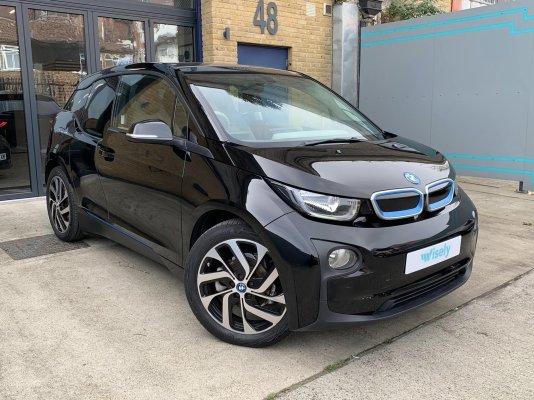So batteries in an EV can never go wrong? Nor their circuitry?
Did you know that BMW & Porsche wiring and certain plastics is attractive to small animals, who find their eco-friendliness particularly tasty? (A friend has just lost bits of plastic off his two year old Porsche and has had it off the road for six months for a replacement to come through)
Unlike the batteries in our Mercedes which do go wrong, as regularly discussed on here.
(But not my batteries, of course, as I usually have batteries more than a decade old on my cars, which continue to work perfectly well, perhaps by luck, perhaps because I can be bothered to occasionally use a battery conditioner each Autumn and when I've left the car for a while)
If electrics are so reliable, why are those glorious Audi E-Tron GT's currently being offered on more than 40% discount, with two years on the clock, and less than a handful of thousand of miles on the clock?
View attachment 148139

